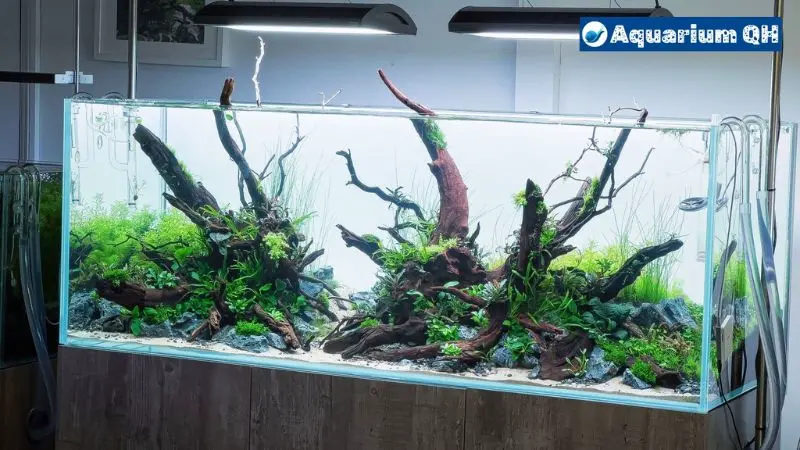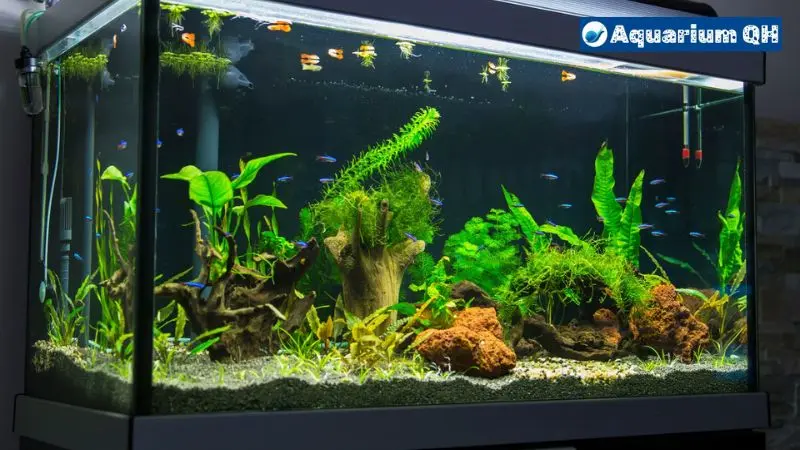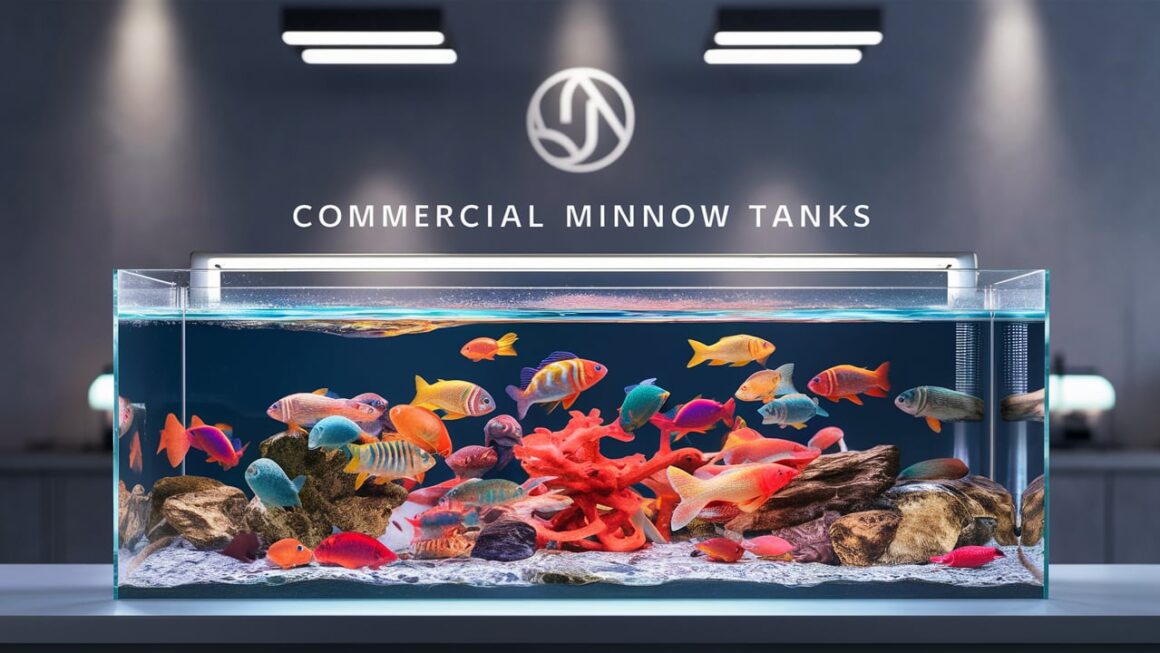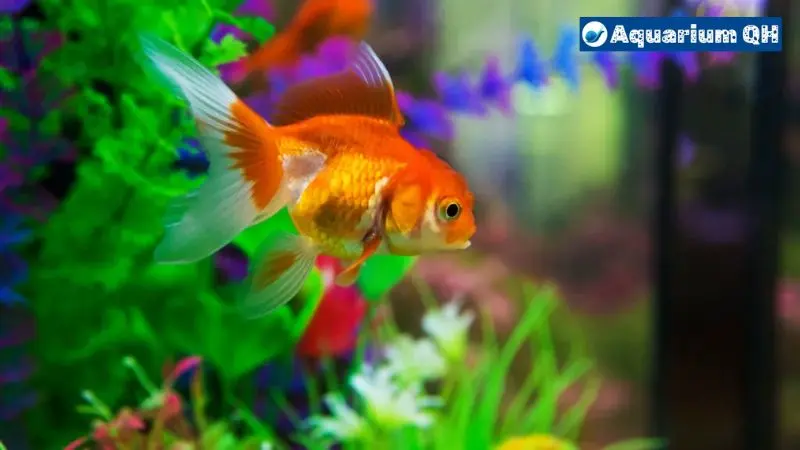Aquarium enthusiasts know that choosing the right glass thickness is crucial for maintaining a safe and secure aquatic environment. Whether you’re a seasoned hobbyist or a beginner, understanding the importance of this decision is paramount to the well-being of your aquatic pets. Let’s explore with Aquarium.
Introduction

Selecting the appropriate glass thickness for your aquarium is not just about aesthetics; it’s about ensuring the structural integrity and safety of your aquatic habitat. Many factors come into play when deciding on the best glass thickness, and overlooking them can lead to disastrous consequences.
Understanding Aquarium Glass Thickness
Aquarium glass thickness refers to the measurement of the glass panels used in constructing aquarium tanks. It determines the tank’s ability to withstand water pressure and external forces without risk of rupture or failure.
Determining Factors for Glass Thickness
Several factors influence the choice of glass thickness, including the size of the aquarium, the water pressure exerted by the volume of water, and safety considerations for both aquatic life and human observers.
Recommended Glass Thickness for Different Aquarium Sizes
The ideal glass thickness varies depending on the size of the aquarium. For small tanks, thinner glass may suffice, while larger tanks require thicker glass to withstand increased water pressure.
Benefits of Opting for the Right Glass Thickness

Choosing the correct glass thickness offers numerous benefits, including enhanced durability, longevity, and safety for your aquatic inhabitants. Additionally, it adds to the aesthetic appeal of your aquarium setup.
Common Mistakes to Avoid
One common mistake is underestimating the water pressure that an aquarium exerts on its glass walls. It’s essential to avoid compromising on quality to save costs, as this could lead to potential hazards.
How to Assess Glass Thickness
Consulting with professionals and researching reputable manufacturers can help you make an informed decision regarding glass thickness. Their expertise and guidance can prevent costly mistakes.
Maintenance and Care Tips for Aquarium Glass
Regular cleaning and preventive measures against scratches and cracks are essential for maintaining the integrity of your aquarium glass. Simple maintenance routines can prolong the life of your tank.
Comparing Different Types of Aquarium Glass

Tempered glass and acrylic are popular choices for aquarium construction. Understanding the pros and cons of each material can aid in selecting the most suitable option for your needs.
Addressing Safety Concerns
Taking proper handling precautions and knowing emergency procedures are vital aspects of ensuring safety when working with aquarium glass.
Budget Considerations
While budget constraints may influence your decision, it’s crucial to balance cost considerations with the long-term benefits of investing in quality materials.
Customer Reviews and Testimonials
Reading customer reviews and testimonials can provide valuable insights into the experiences of other aquarium enthusiasts with different glass thicknesses.
Expert Recommendations
Seeking advice from aquarium specialists and adhering to industry standards can help you make confident decisions regarding glass thickness.
Conclusion
In conclusion, the best glass thickness for your aquarium depends on various factors, including size, water pressure, and safety considerations. By prioritizing quality and making informed choices, you can create a secure and visually appealing aquatic environment for your beloved pets.




